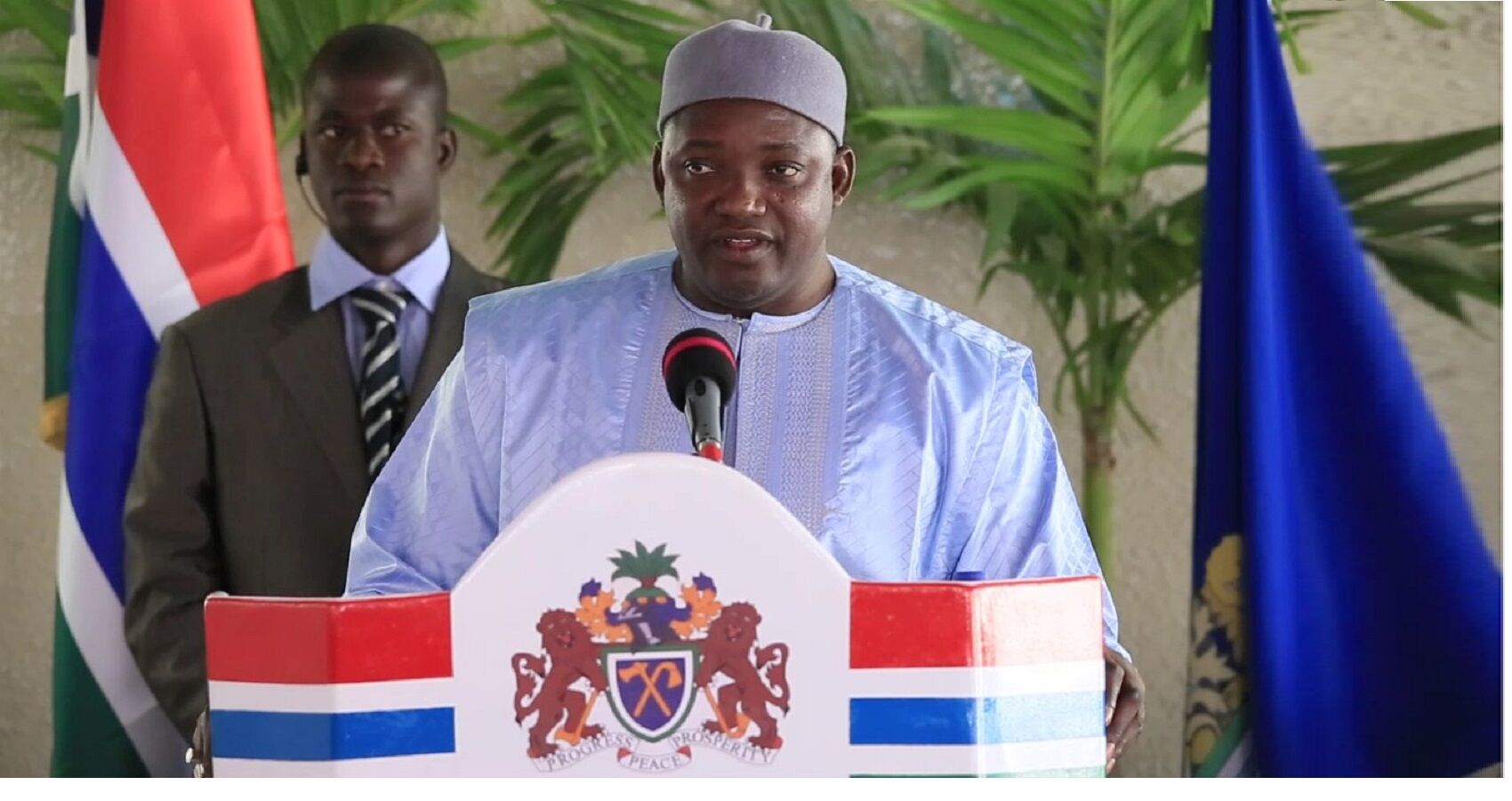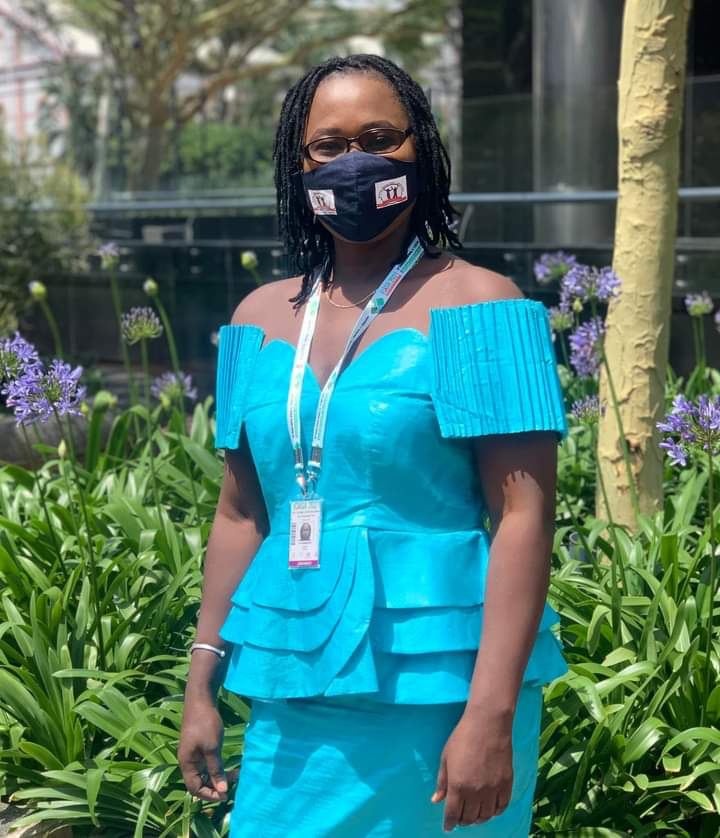President Adama Barrow has described the contribution of the Medical Research Council (MRC) to the Gambia as extending well beyond health and is the fourth largest employer in the country, with 1600 staff from over 20 countries, Gambians representing more than 60% of the staff.
“Your Institution, not only creates employment opportunities for our young University leavers, but many have professionally grown through the excellent postgraduate training support you offer to your staff, thus contributing immensely to our country’s skills and education-based economy,” he said at 75th-anniversaryth anniversary celebration of MRC The Gambia Unit at the London School of Hygiene and Tropical Medicine at SDKJICC on Tuesday.
He recalled that the Ministry of Health renewed its Memorandum of Understanding with MRC the Gambia Unit to support the integration of the Unit in 2018 with the world-renowned London School of Hygiene and Tropical Medicine, noting that this has been a further widened opportunity to train a critical mass of African scientists.
“I am hoping these opportunities will only increase in the coming decades and because of the presence of your international expertise, I would like to encourage you to continue strengthening the collaboration between the relevant stakeholders in the Gambia such as the Ministry of Health and the Ministry of Higher Education, Research, Science and Technology, for us to achieve greater feats in our health care delivery and health education and research sector,” he said.
He added: “Your presence and hugely important work are a pride to our nation, and we are happy to join you in this celebration of 75 years of impactful health research done in the Gambia. I welcome the international visiting Scientists to this beautiful smiling Coast of West Africa and wish you all an enjoyable stay and productive scientific deliberations during the symposium.”
The Gambian stated that the relationship between The Gambia and the MRC is unique, adding that MRC is a popular and ‘affectionate household’ name throughout the country.
“You built this special relationship with the Gambian Government and our people over the many years that allowed a body of high-quality research work to be established.
The impact of your research in collaboration with the Gambia Ministry of Health can be appreciated when our National Malaria Control Program reported a 40% reduction in Malaria incidence 10 years ago, and the successful clinical trials and incorporation of vaccines against liver cancer and invasive bacterial diseases such as Pneumonia and Meningitis amongst other preventive vaccines,” he pointed out.
He also said the Ministry of Health and WHO declared Gambia free from Trachoma blinding disease, being the second African country after Ghana to have eliminated the disease, while he commended ground-breaking research and interventions over many years.





